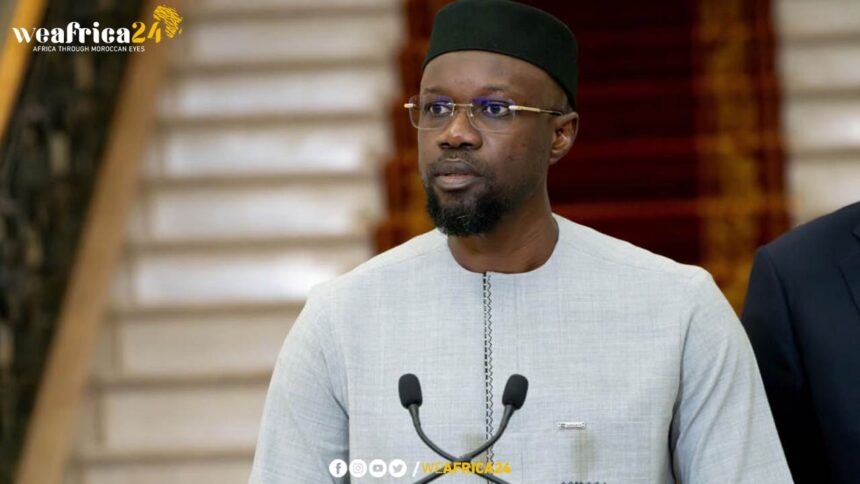Activist Ba Diakhaté and preacher Cheikh Ahmed Tidiane remain in detention following their social media attacks on the Prime Minister, particularly concerning his recent statements on homosexuality. The two men are under investigation for “spreading false news” and “insulting” the head of government. The prosecutor is set to decide tomorrow whether to initiate judicial proceedings or release them. Their arrests have sparked widespread controversy.
For some, these arrests represent a violation of freedom of expression. For others, they are a necessary judicial response to highly defamatory remarks. This dual arrest, stemming from public declarations by opposition figures and marking the first such incident since the election of a new leadership team in the country, has polarized Senegalese society.
Ba Diakhaté was detained on Monday by the criminal investigation division after he posted a video attacking Prime Minister Ousmane Sonko, accusing him in derogatory terms of being homosexual. Preacher Cheikh Ahmed Tidiane Ndao was taken into custody on Tuesday, also charged with spreading false news and insulting the Prime Minister. Ndao’s video criticized Sonko for his perceived leniency towards homosexuality, following Sonko’s public statements on the issue during the visit of left-wing French politician Jean-Luc Mélenchon to Dakar.
In Senegal, defamation and the dissemination of false news are criminal offenses punishable by imprisonment. Many in the opposition denounce these arrests, arguing for the preservation of democratic debate.
Human rights organizations, including Amnesty International, are calling on authorities to halt the arrests of individuals for defamation, regardless of the severity of their remarks, and to decriminalize such offenses.
This ongoing debate underscores the tension between maintaining public order and safeguarding freedom of speech, a fundamental democratic principle. As Senegal navigates these contentious issues, the outcome of these cases will likely have significant implications for the country’s legal and political landscape.







